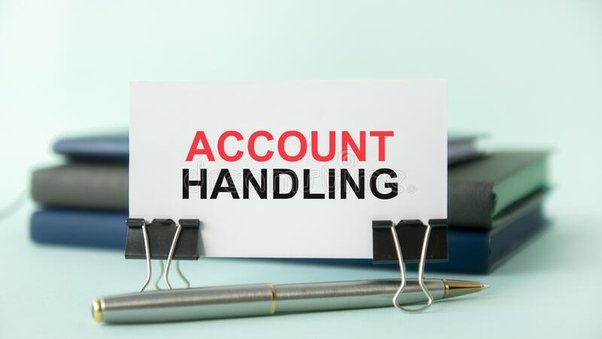 Handling Accounts
Handling Accounts

Fuel dealers handling accounts receivable and accounts payable in a variety of ways, depending on the size and complexity of the business, as well as the specific needs of the business.
Accounts receivable are the amounts of money owed to the business by its customers. Fuel dealers typically collect accounts receivable on a monthly basis.
They can do this by sending invoices to their customers, or by using a point-of-sale system that automatically generates invoices.
Accounts payable are the amounts of money owed by the business to its suppliers. Fuel dealers typically pay their accounts payable on a monthly basis, or on a more frequent basis if necessary.
They can do this by sending checks to their suppliers, or by using a payment processing system.
To effectively manage accounts receivable and accounts payable, fuel dealers should:
1. Set up a system for tracking receivables and payables:
This could be a simple spreadsheet or a more sophisticated accounting software system.
2. Track the due dates for receivables and payables:
This will help to ensure that the business does not miss any payments.
3. Send out invoices and payments on time:
This will help to maintain good relationships with customers and suppliers.
4. Monitor the aging of receivables:
This will help to identify any customers who are overdue on their payments.
5. Take steps to collect overdue receivables:
This could involve sending reminder notices, or taking legal action.
6. Negotiate payment terms with suppliers:
This could involve extending the due dates for payments, or getting discounts for early payments.
By carefully managing accounts receivable and accounts payable, fuel dealers can improve their cash flow and financial health.
Here are some additional tips for fuel dealers on how to handle accounts receivable and accounts payable:
1. Establish clear payment terms with customers. This will help to avoid confusion and disputes.
Use a credit card processing system that offers fraud protection. This will help to protect the business from losses due to fraudulent transactions.
2. Track customer payment history. This will help to identify any customers who are likely to default on their payments.
3. Set up a system for monitoring accounts payable. This will help to ensure that the business does not overspend.
4. Negotiate payment terms with suppliers. This could help to save the business money.
Pay attention to the terms of any discounts offered by suppliers. This could help the business save money.
To visit: https://www.mca.gov.in/
For further details access our website: https://vibrantfinserv.com